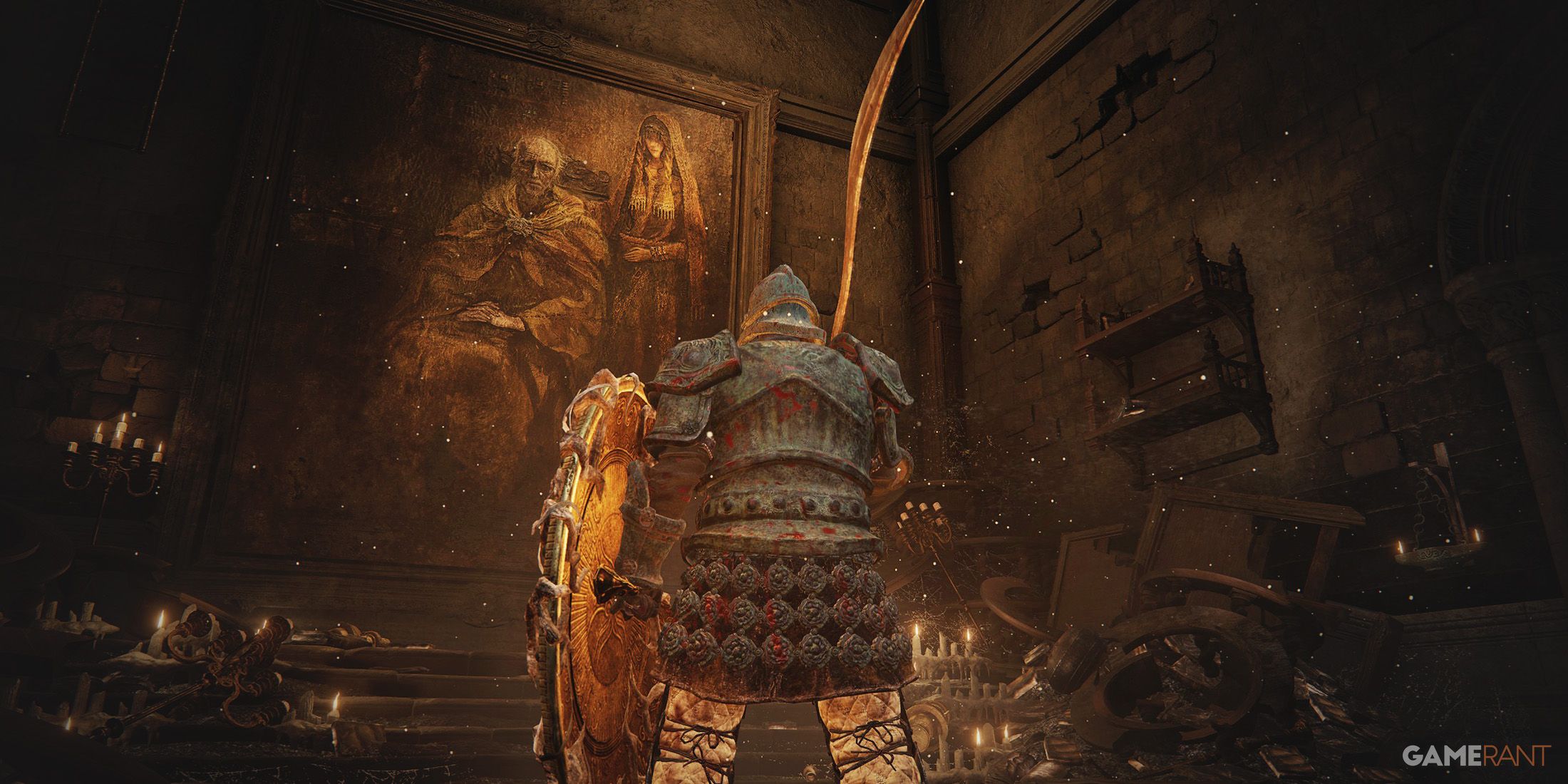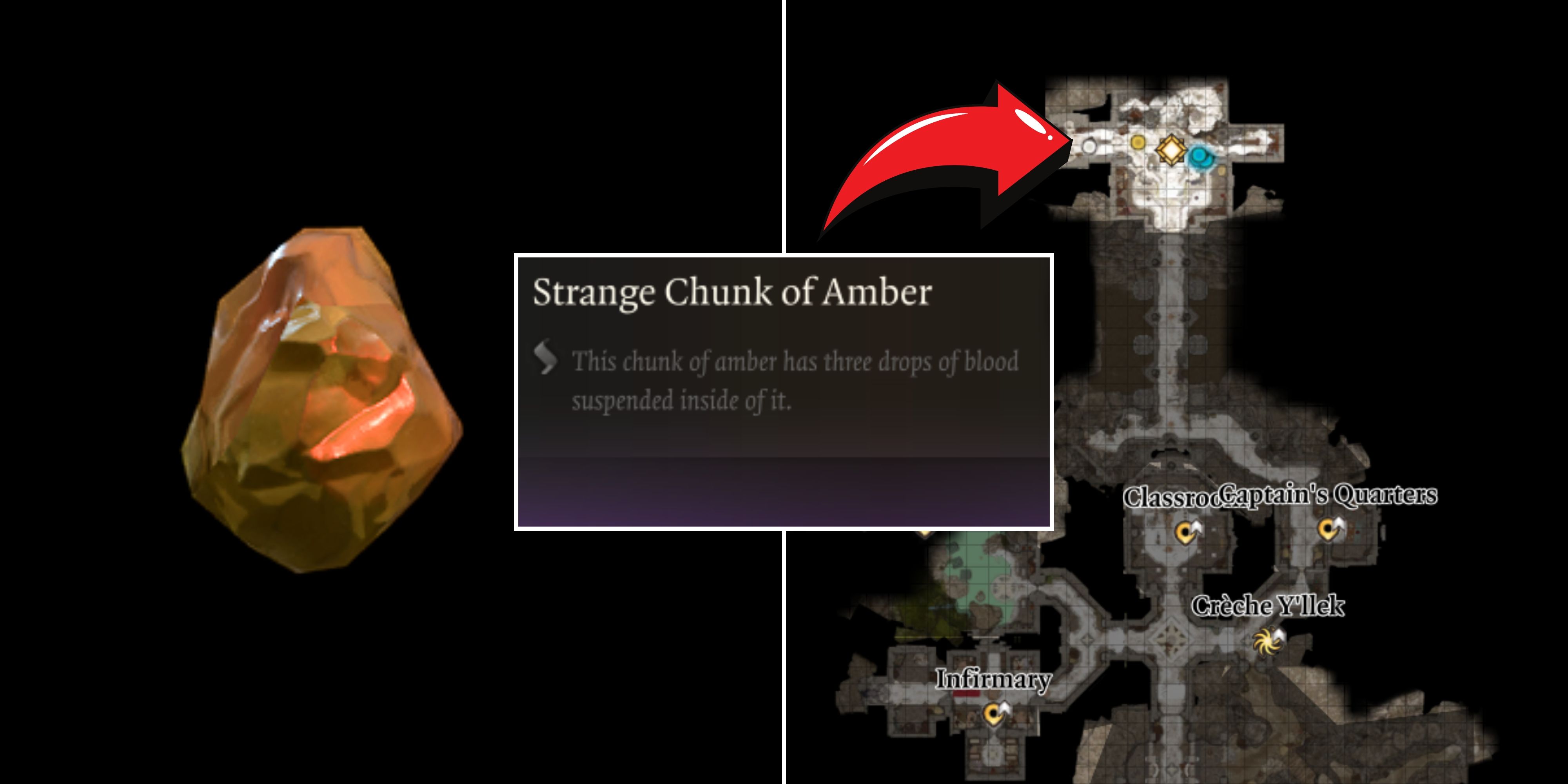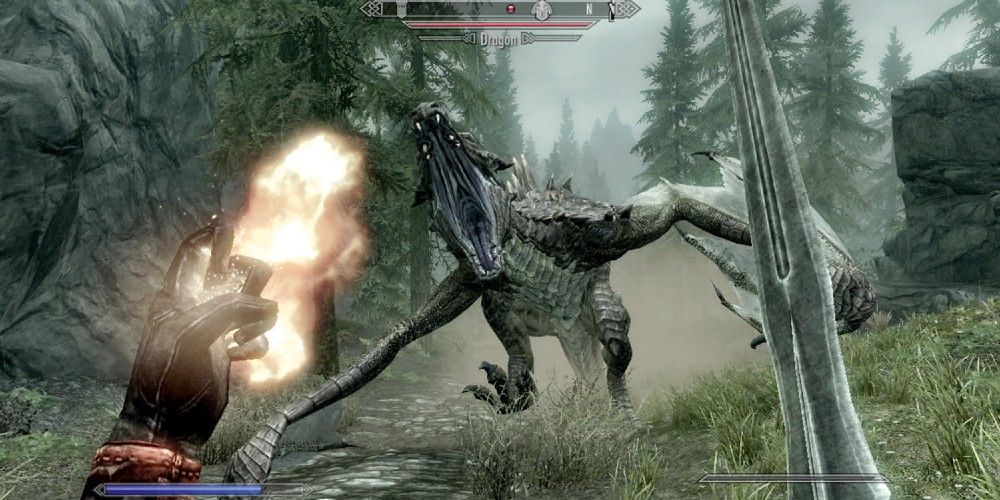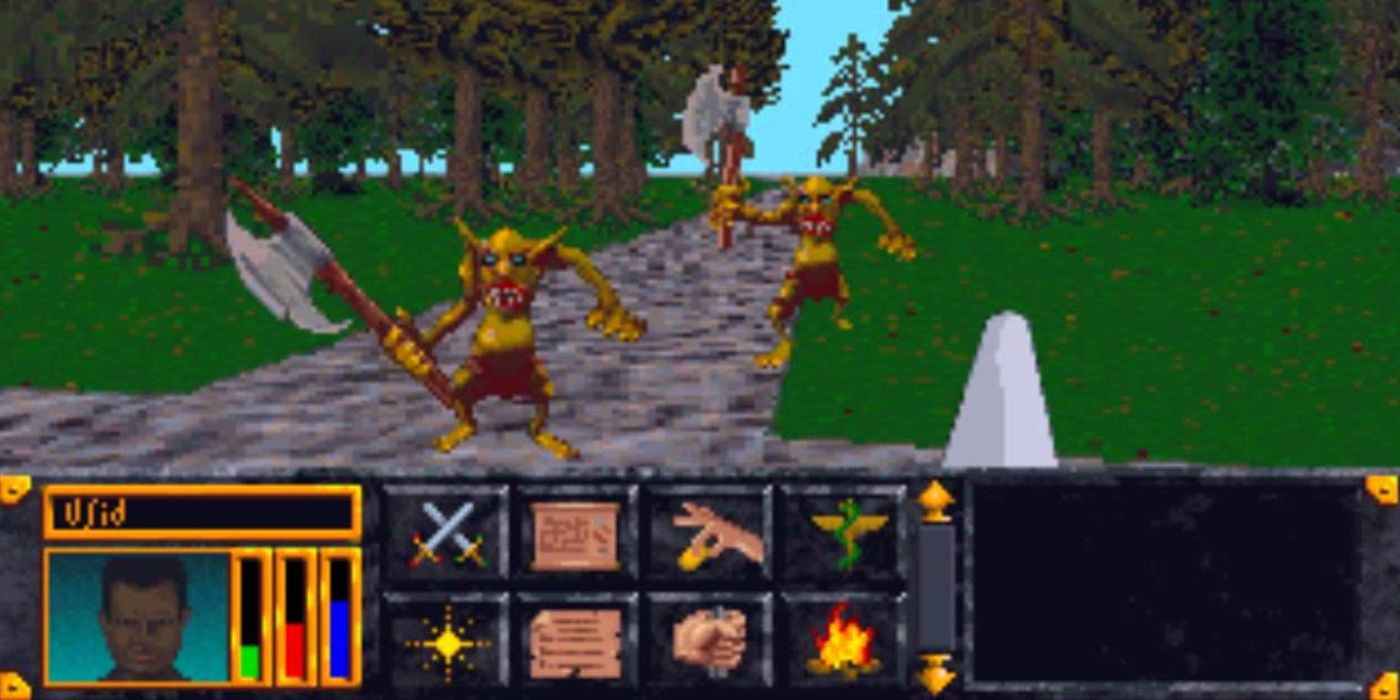The Elder Scrolls is by far one of the oldest and most expansive game franchises of all time. The sheer popularity of the series just goes to show the high quality standard in which Bethesda has set over the years when developing a new entry. The Elder Scrolls: Arena is Bethesda's first entry into the RPG genre, and The Elder Scrolls series as a whole and was a landmark in ingenuity. Many features and gameplay mechanics introduced in its first RPG have since influenced many future RPGs from other developers, which only goes to show how deserved Bethesda is to be where it is now.
Bethesda/ZeniMax Media and all of its subsidiaries including Bethesda Softworks was acquired by Microsoft for $7.5 billion. Despite this record sale, Bethesda is still on track for the development of The Elder Scrolls 6 and Starfield, the latter having been shown off at E3 earlier this month and confirmed for a late 2022 release. With how strong of a presence The Elder Scrolls series has had, one has to wonder if it is worth taking a look back at what started it all.
The Elder Scrolls Legacy
The Elder Scrolls 5: Skyrim might be the most popular entry into The Elder Scrolls series, as it has stood the test of time longer than its predecessors Morrowind and Oblivion. Skyrim, having originally released in 2011, has received current console ports, with a VR iteration, and even Skyrim: Very Special Edition on Amazon's Alexa. Despite its massive popularity, the older Elder Scrolls titles can still stand the test of time if given enough patience. That's because in its hay day, each title was regarded as a great game in its own right, but by today's standards would leave a lot to the imagination.
The Elder Scrolls 3: Morrowind came out in 2002, and was a huge leap in visual scope compared to its predecessor, The Elder Scrolls 2: Daggerfall. Morrowind had a more robust combat and skill system that helped flesh out its large 3D open world at the time, with a larger emphasis on exploring the world rather than a main plot. The Elder Scrolls 4: Oblivion came out four years later in 2006, and expanded on what Morrowind had accomplished by creating a larger world with more dungeons for players to explore.
The Elder Scrolls: 2 Daggerfall preceded the 3D open-world standard that Morrowind had set. Daggerfall played a lot like Elder Scrolls: Arena, as both games were released during a time where 3D PC games were still in infancy. Because those first two titles weren't held back by hardware limitations, the game could get away with telling a broader story over a vast game world. The game worlds in Daggerfall and Arena were so vast that games today still haven't achieved anything close. World size isn't everything, as those older Elder Scrolls titles used procedural generation to fill in a lot of the gaps, making many areas quite bland compared to many games today.
How Does The Elder Scrolls: Arena Compare Today?
The Elder Scrolls: Arena is a testament to what Bethesda is about when it comes to game design. Arena takes place in the entirety of Tamriel, the continent that many of the provinces featured in other Elder Scrolls games are contained within. Though it uses procedural generation to fill in the blocks between major points, it's not required for players to travel all over Tamriel to finish the main quest. In fact, Elder Scrolls: Arena glitches out causing an infinite loop when traveling on foot for too long between settlements.
Elder Scrolls: Arena's opening has the player select a class or have one presented to them based on a number of hypothetical questions. Then the player can distribute starting stats, select their face and they are on their way. Before the player can move, they are given some context about the state of Tamriel by the ghost of Ria Silmane, an apprentice mage. She tells the player that Emperor Uriel Septim VII and his general, Talin Warhaft, have been locked away in another dimension by an Imperial Battlemage named Jagar Tharn. Tharn has disguised himself as the Emperor and it is up to the player to retrieve the remnants of the Staff of Chaos to save the Emperor.
Of course, the player starts locked up and has to find their way out, much like many Elder Scrolls games later in the series. Elder Scrolls: Arena plays a lot like the dungeon crawlers of old, where movement is similar to tank controls from Resident Evil, only in first person. Arena has a point-and-click system similar to Shadowgate, only with a larger narrative and a much larger world to explore. Arena definitely has that old-school charm, if players have the patience and endurance to experience something truly unique. Bethesda has made both Elder Scrolls: Arena and Daggerfall free on their website if any fans of more recent Elder Scrolls titles are interested.
What Will Future Elder Scrolls Look Like?
It's been almost 10 years since The Elder Scrolls 5: Skyrim has come out, while Elder Scrolls 6 still in development. Bethesda has a way of designing their games so that players can play however they want. This is proven with both Skyrim and Fallout 4, in that no matter how a player decides to play, they are rewarded for their efforts. If a player decides to play Skyrim as someone using Alchemy, they are rewarded with Alchemy ingredients everywhere they go. Similarly, if someone wants to play Skyrim as a brutish warrior who eats food to heal, they will be equally rewarded as such with food presented to them just as frequently as ingredients.
This approach is a small example on a larger scale of just how far Bethesda has come when giving players a truly free world to make their own. With each new entry in the Fallout or Elder Scrolls series, Bethesda comes up with more seamless ways of immersing the player in the worlds they build, all while refining the processes introduced before. With this in mind, The Elder Scrolls 6 should be just as impactful of an RPG entry as Skyrim was when it came out in 2011. As for The Elder Scrolls: Arena, that is arguably a masterpiece in its own right long before Bethesda's current success.
The Elder Scrolls: Arena is available now on PC.







